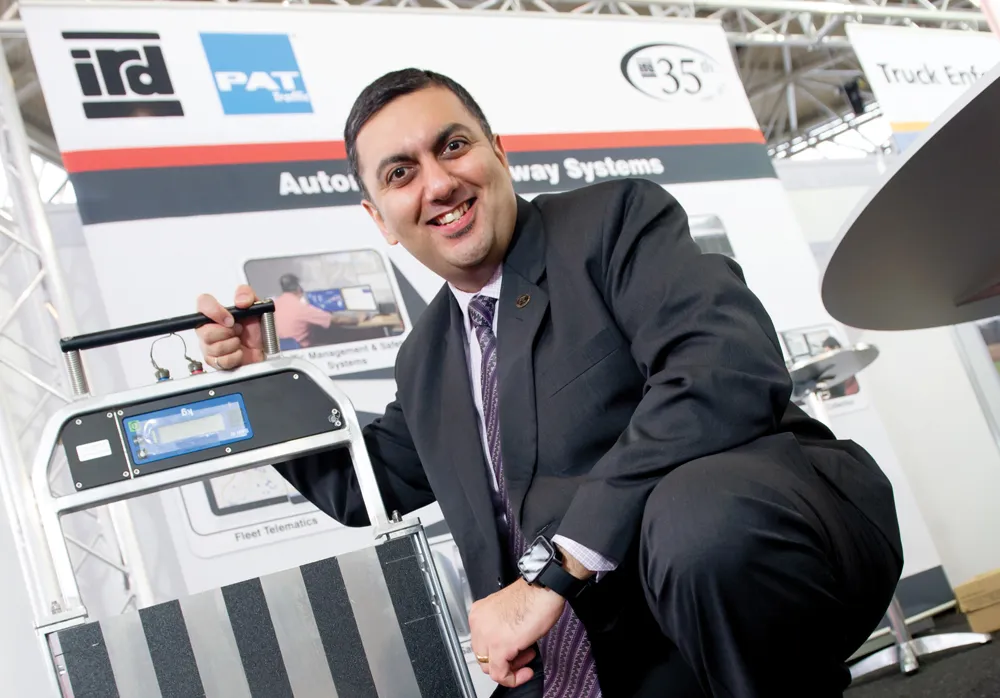American ITS solutions provider Iteris has been selected as part of a team to operate, integrate, and provide innovative solutions for Virginia Department of Transportation’s (VDOT) five traffic operations centres. Iteris was chosen as a sub-contractor by Serco to provide traffic operators at two of VDOT’s five traffic centres and general engineering services as requested by Serco. The centres monitor traffic conditions via cameras and other technology, allowing them to provide traveller information on road
July 24, 2013
Read time: 2 mins
American ITS solutions provider 73 Iteris has been selected as part of a team to operate, integrate, and provide innovative solutions for 1747 Virginia Department of Transportation’s (VDOT) five traffic operations centres.
Iteris was chosen as a sub-contractor by1676 Serco to provide traffic operators at two of VDOT’s five traffic centres and general engineering services as requested by Serco. The centres monitor traffic conditions via cameras and other technology, allowing them to provide traveller information on road conditions, manage congestion, and coordinate incident response.
The team will consolidate and manage a wide range of engineering services for VDOT including: monitoring traffic via 900 cameras, 500 electronic message signs, and more than 1,000 road sensors; managing incident and emergency response; dispatching safety service patrol and maintenance crews to respond to incidents; providing actionable 511 traveller information; managing HOV/reversible lanes; providing real-time information to emergency responders; serving as emergency operations centres during major events; and coordinating signal systems.
“The Commonwealth of Virginia sought innovation from around the country to deliver the best technology solutions to maximise our transportation system,” said Robert McDonnell, Governor of Virginia, in a statement announcing the new program.
“The VDOT award expands our strong support for Virginia’s transportation network, since we currently operate and maintain the Commonwealth’s award-winning 511 traveller information system,” said Abbas Mohaddes, president and CEO of Iteris.
Iteris was chosen as a sub-contractor by
The team will consolidate and manage a wide range of engineering services for VDOT including: monitoring traffic via 900 cameras, 500 electronic message signs, and more than 1,000 road sensors; managing incident and emergency response; dispatching safety service patrol and maintenance crews to respond to incidents; providing actionable 511 traveller information; managing HOV/reversible lanes; providing real-time information to emergency responders; serving as emergency operations centres during major events; and coordinating signal systems.
“The Commonwealth of Virginia sought innovation from around the country to deliver the best technology solutions to maximise our transportation system,” said Robert McDonnell, Governor of Virginia, in a statement announcing the new program.
“The VDOT award expands our strong support for Virginia’s transportation network, since we currently operate and maintain the Commonwealth’s award-winning 511 traveller information system,” said Abbas Mohaddes, president and CEO of Iteris.









